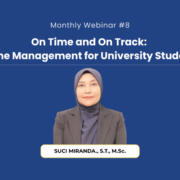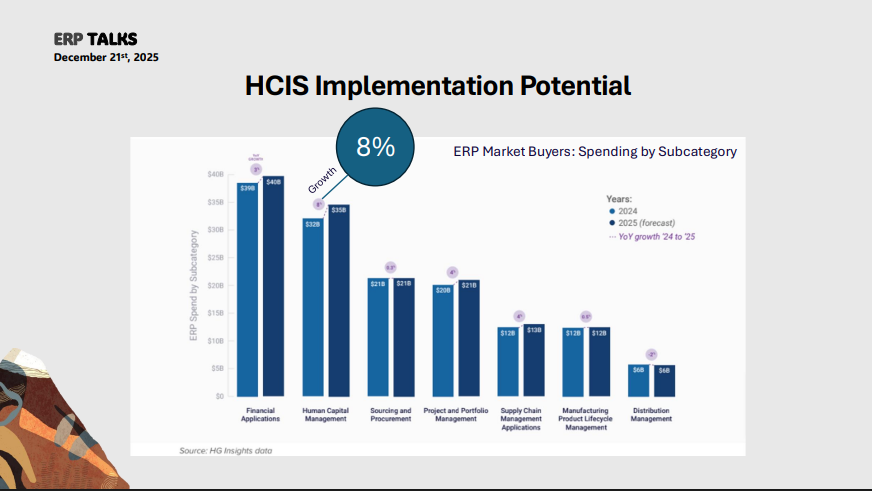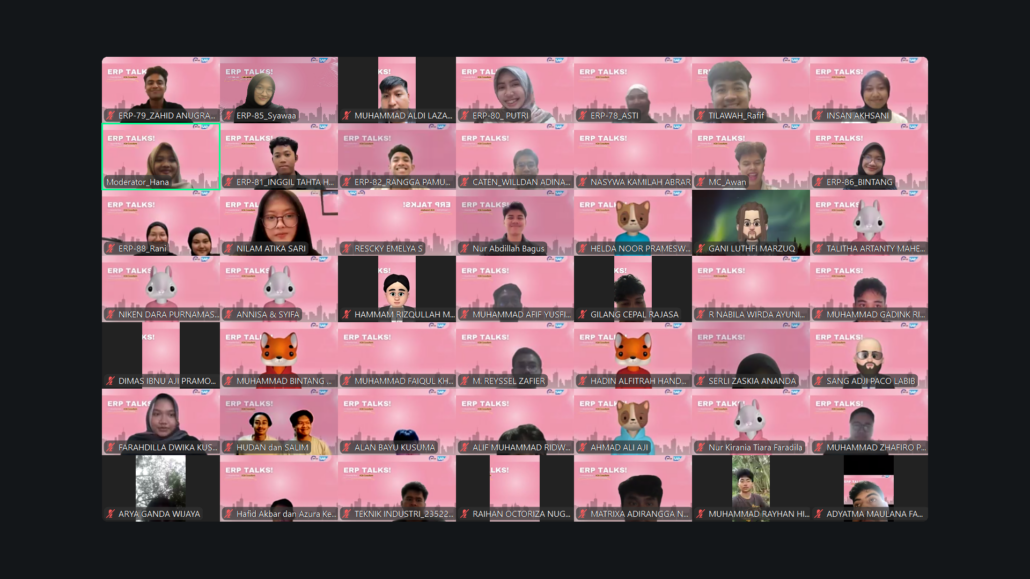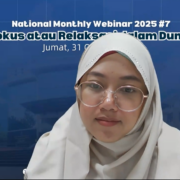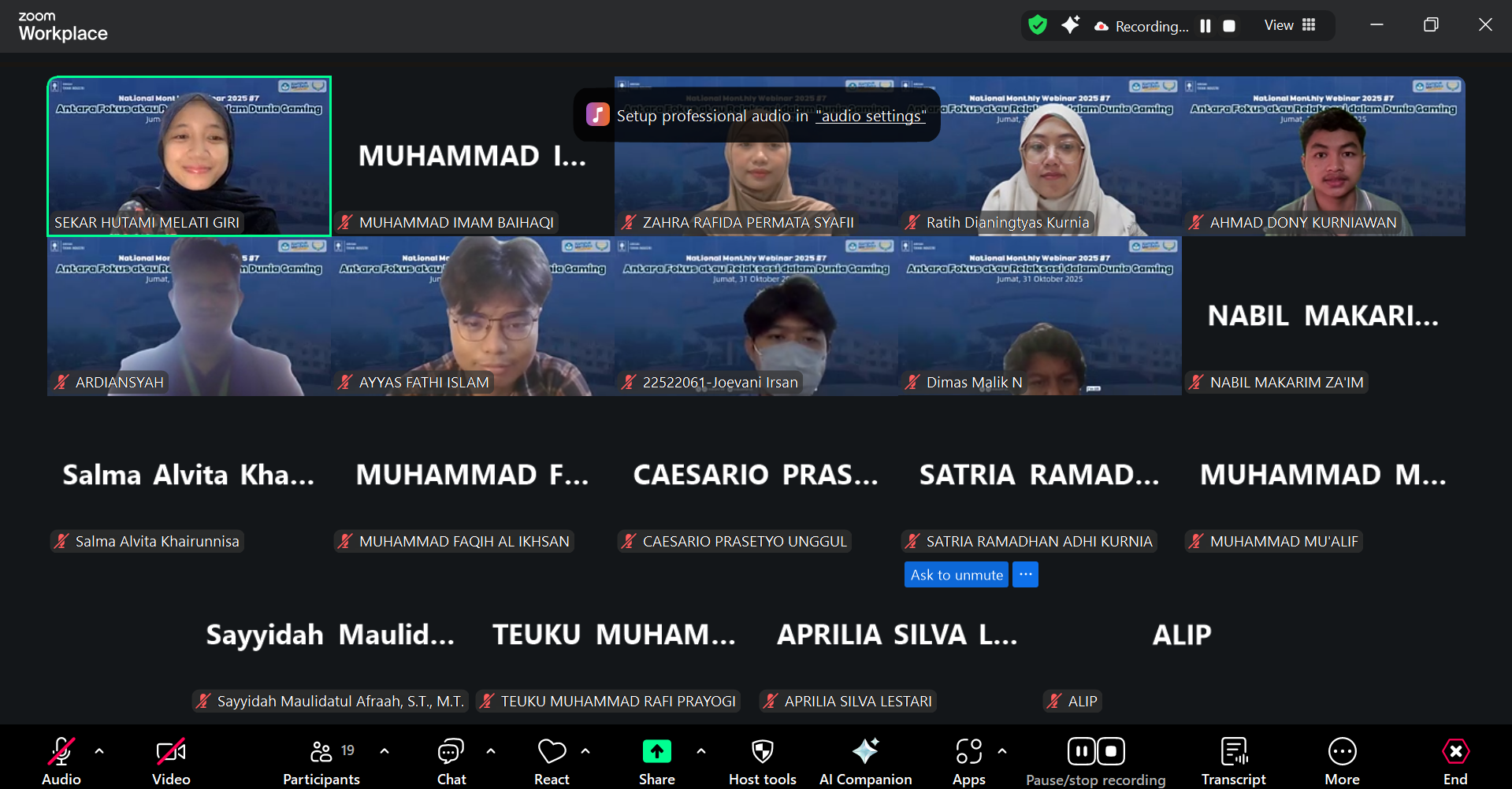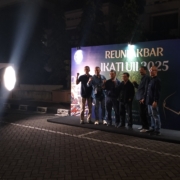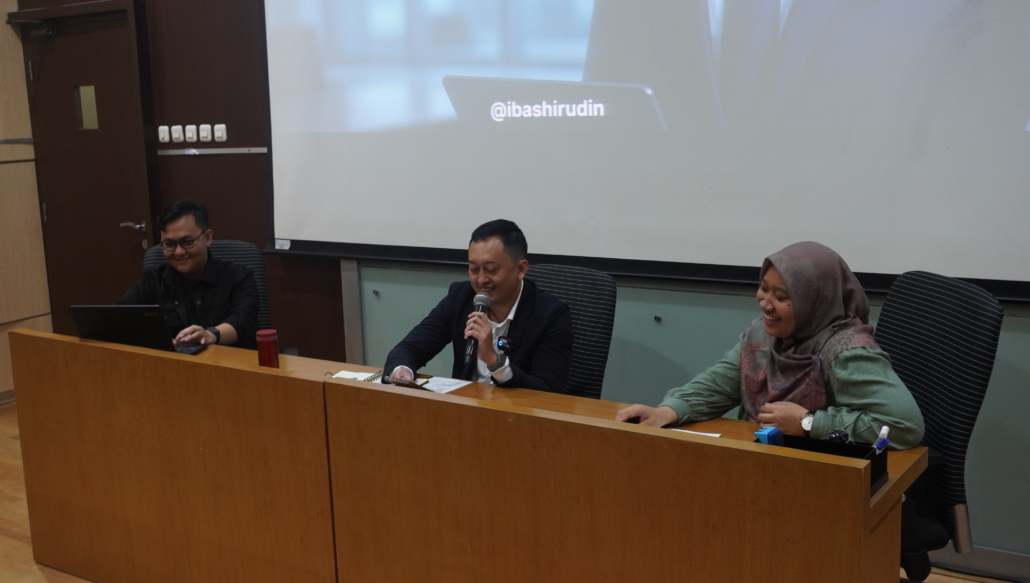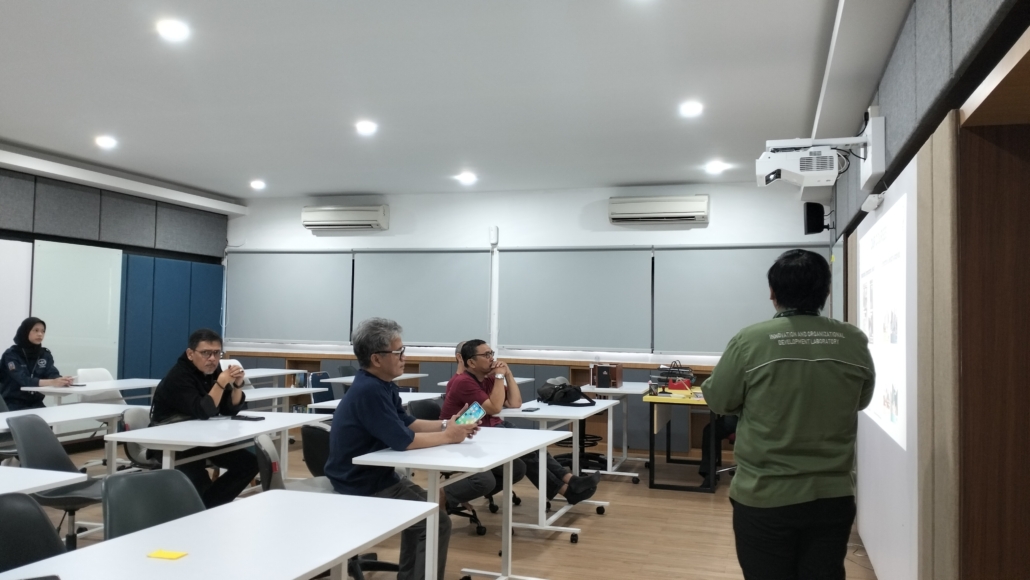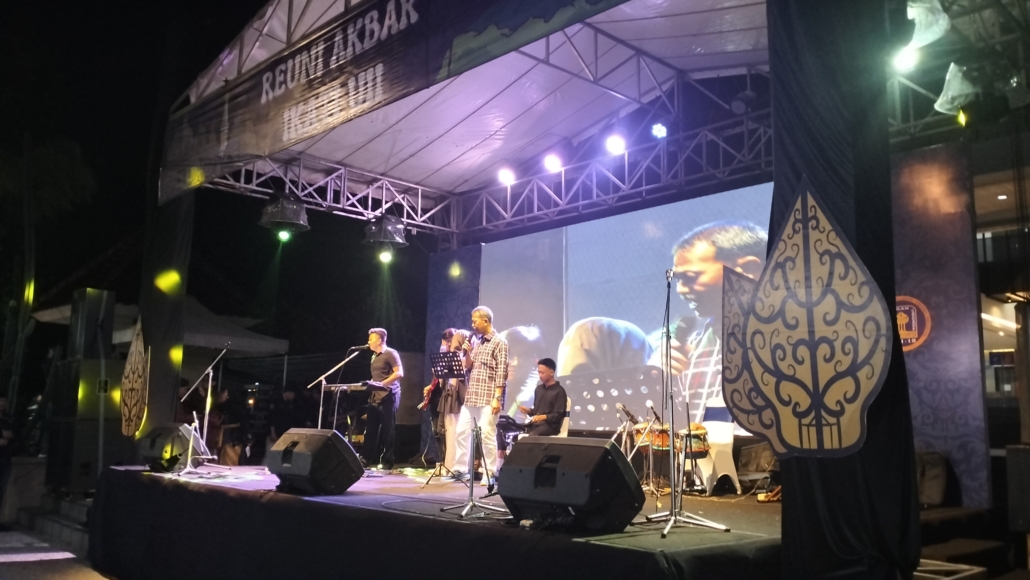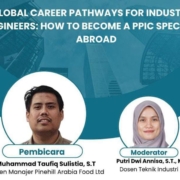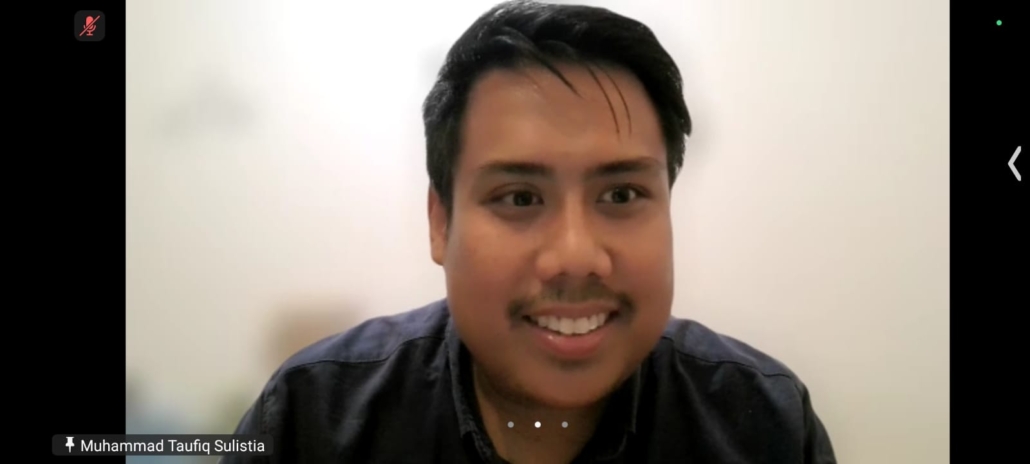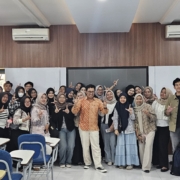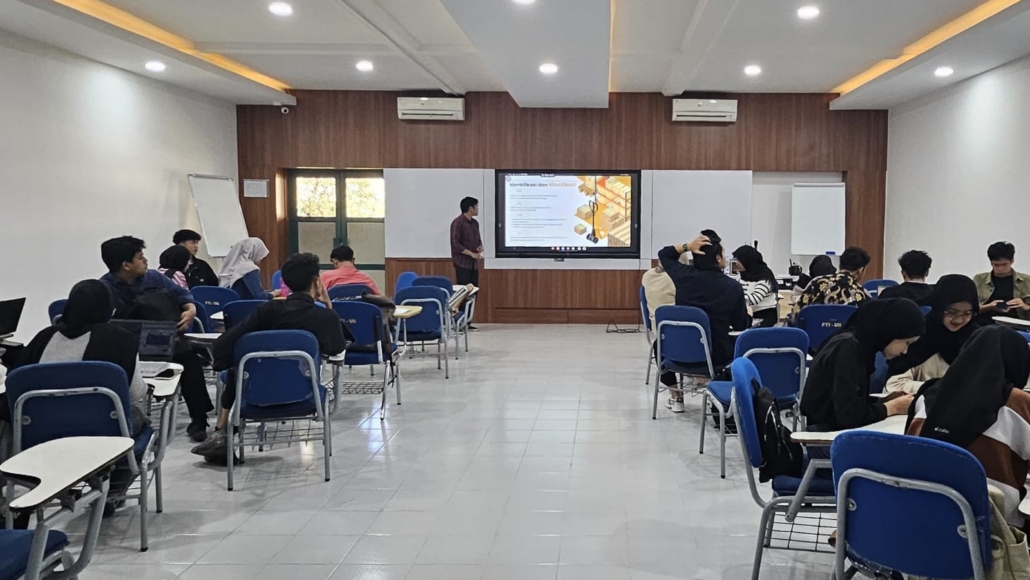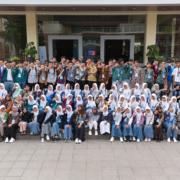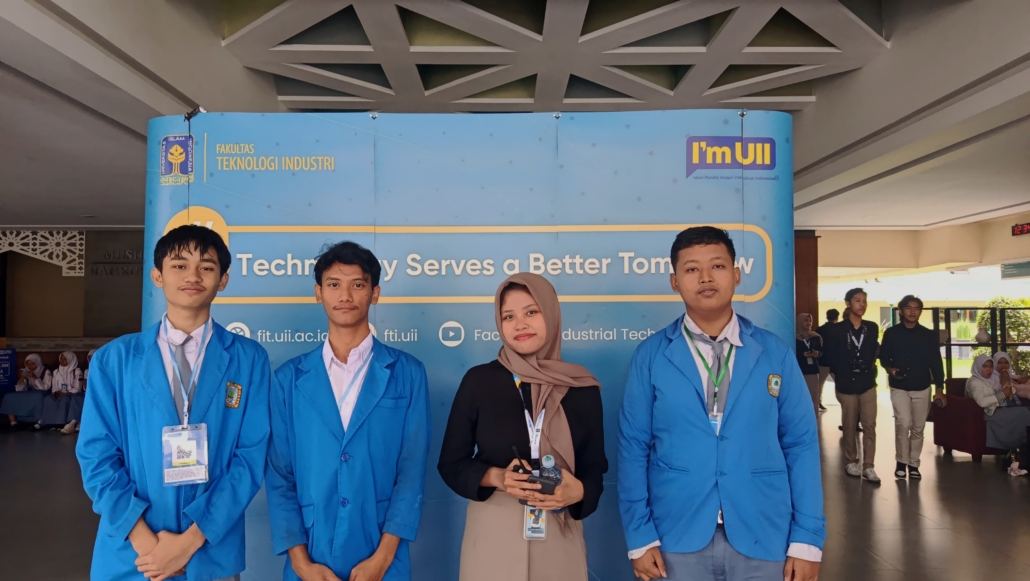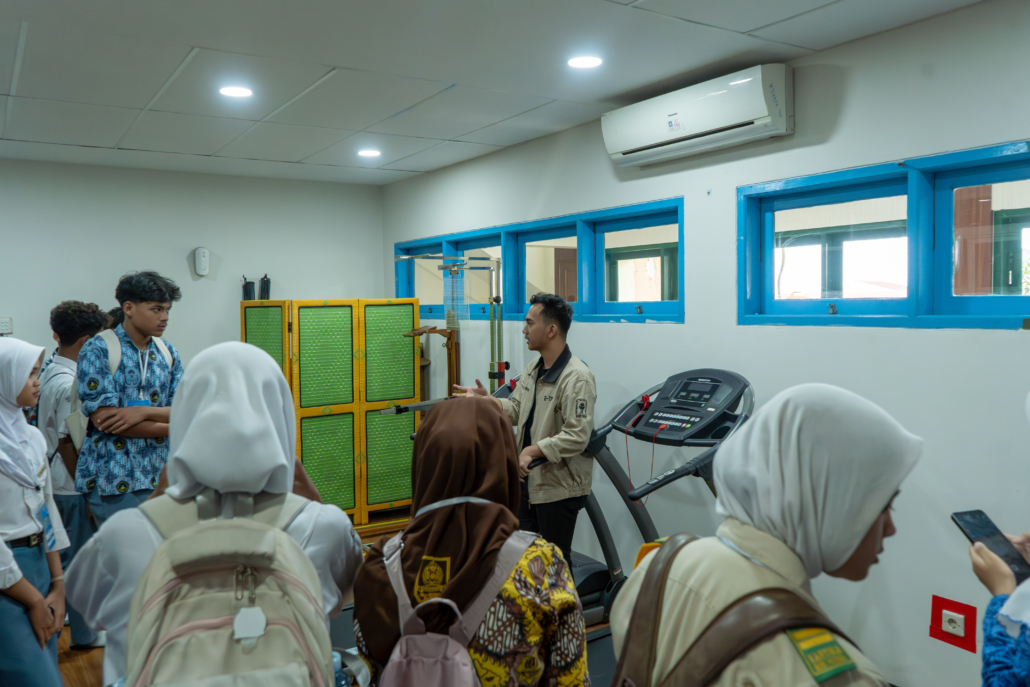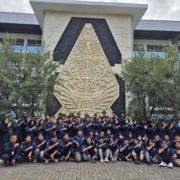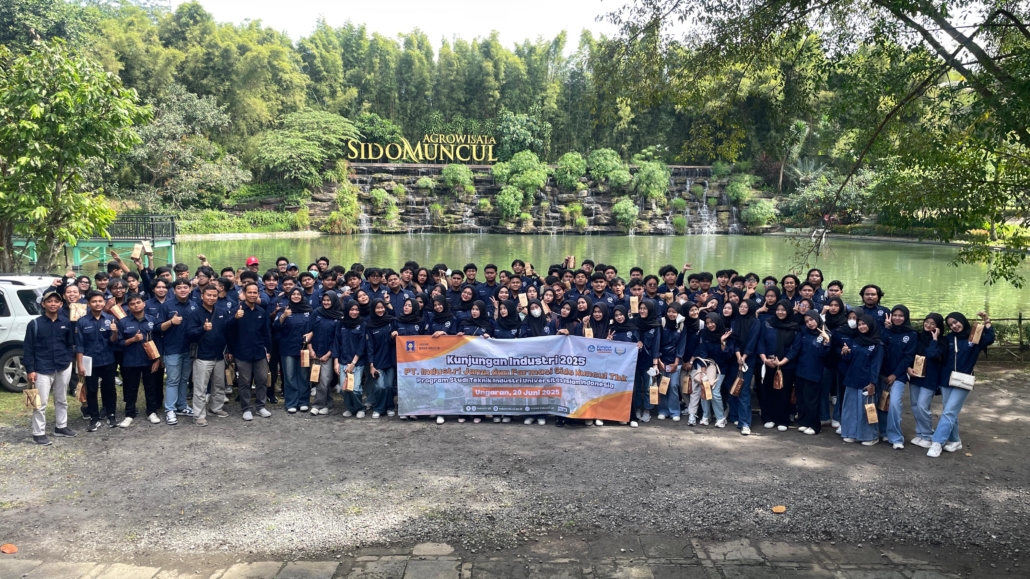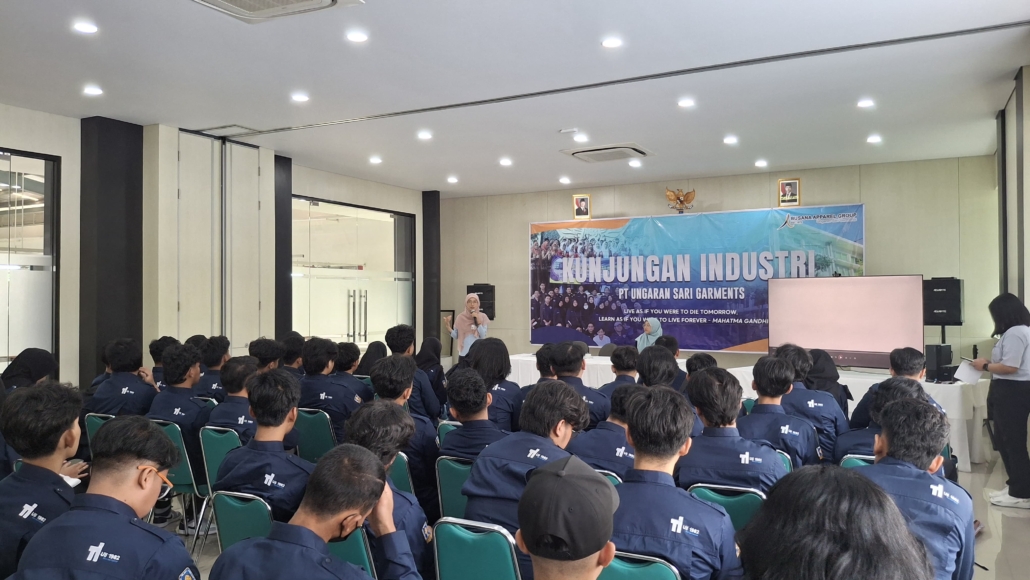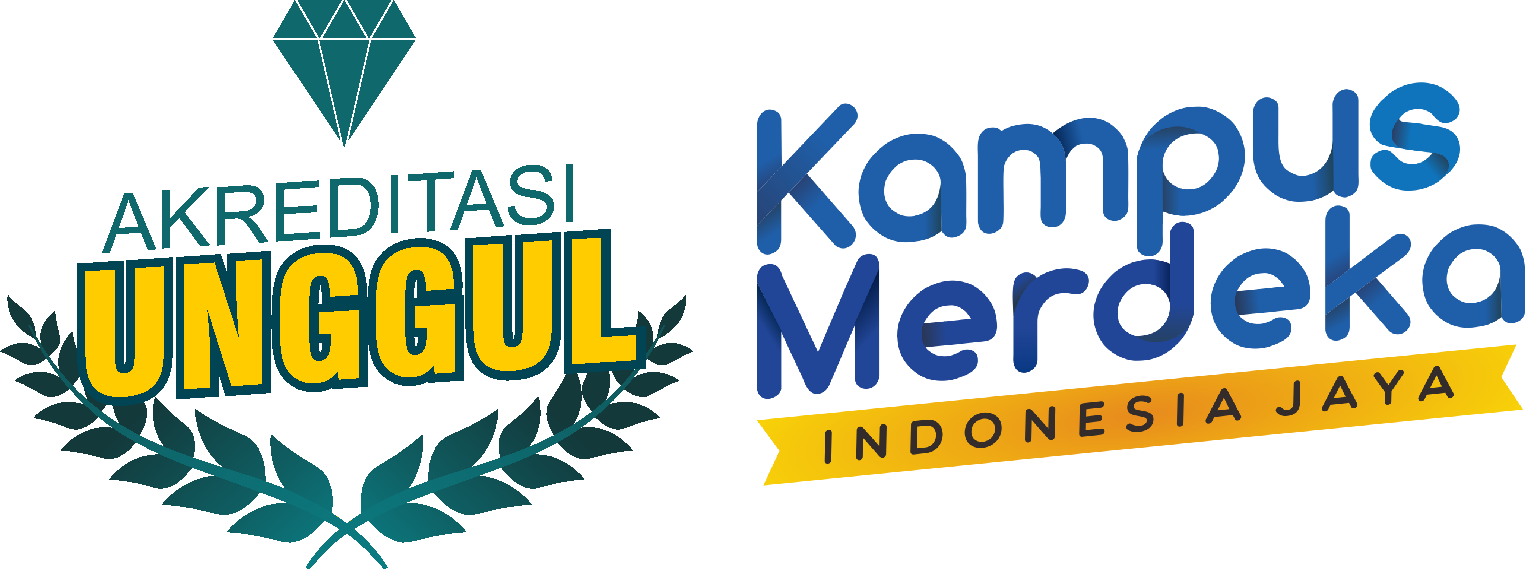The Industrial Engineering Study Program, Faculty of Industrial Technology (FTI), Universitas Islam Indonesia (UII), once again organized a webinar on Friday, 28 November 2025. As part of its academic activities, the committee conducted a national monthly webinar via Zoom Meeting. The webinar carried the theme “On Time and On Track: Time Management for University Students.” It addressed common academic challenges faced by university students.
Anindya Mayrela Ika Putri moderated the webinar. Distian Pingkan Lumi served as the Master of Ceremony (MC). Meanhwile, The organizing committee appointed Suci Miranda, S.T., M.Sc. as the main speaker. Overall, students from various semesters joined the webinar to improve their awareness of effective time management throughout their academic journey.
The event began with the reading of the agenda, followed by the singing of the Indonesian national anthem Indonesia Raya and the UII Hymn, as well as a group photo session. Afterward, the moderator introduced the speaker by presenting her academic background and professional experience in the field of Industrial Engineering before proceeding to the main presentation session.
Time Management as the Key to Success
During the main session, Suci Miranda delivered time management strategies. She encouraged students to view their academic journey as an academic project. She explained that university studies involve clear targets, structured stages, and specific deadlines. According to her, students need early academic planning to ensure a more focused and effective learning process.
Suci also highlighted the use of project management principles in managing coursework, academic activities, and final projects or theses.
“If students view their studies as a project, they will find it easier to set goals, organize stages, and anticipate potential risks that may arise during their academic journey,”
She further stated that time management goes beyond scheduling and includes risk management and self-competency development. Therefore, Suci encouraged students to continuously develop supporting skills to remain productive and complete their studies on time.
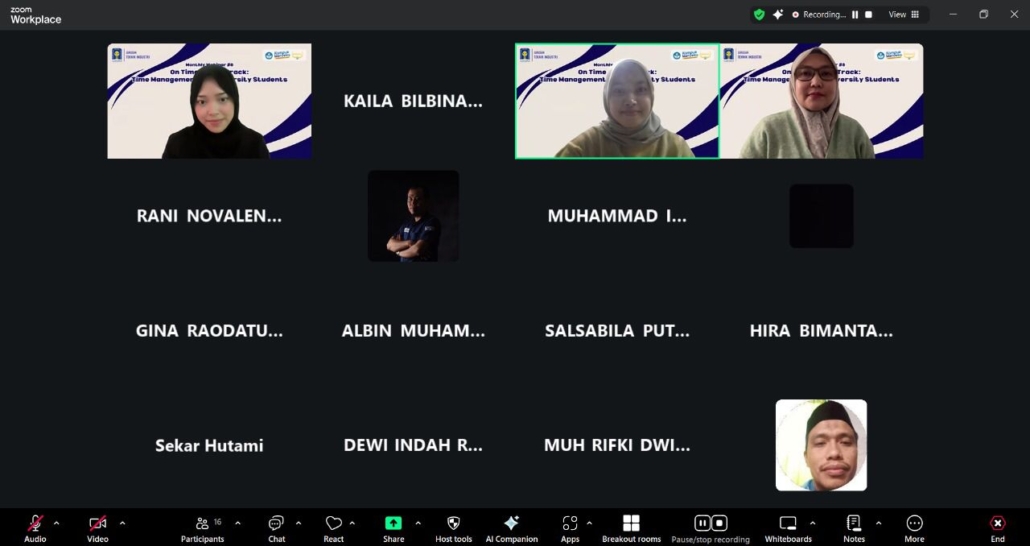
Discussion and Expert Responses
Meanwhile, the session continued with an interactive discussion. One participant asked about the effectiveness of working on the Internship Program (Kuliah Praktik/KP) and the Final Project or Thesis (Tugas Akhir/TA) simultaneously. In response, Suci Miranda explained that KP and TA generally follow different workflows.
However, students may continue the topic of their KP as the basis for their TA research. She emphasized that careful planning and intensive communication with academic supervisors are key factors in managing time and academic workload effectively.
Encouraging Effective Study Time Management
As a closing remarks, Suci encouraged students to manage their study time wisely through careful planning and self-discipline.
“Good time management helps students stay focused, organized, and complete their studies according to their targets,”
After the presentation and discussion sessions concluded, participants were asked to complete the attendance form. The event was then officially closed by the Master of Ceremony (MC).
Albin M Wiryawan

